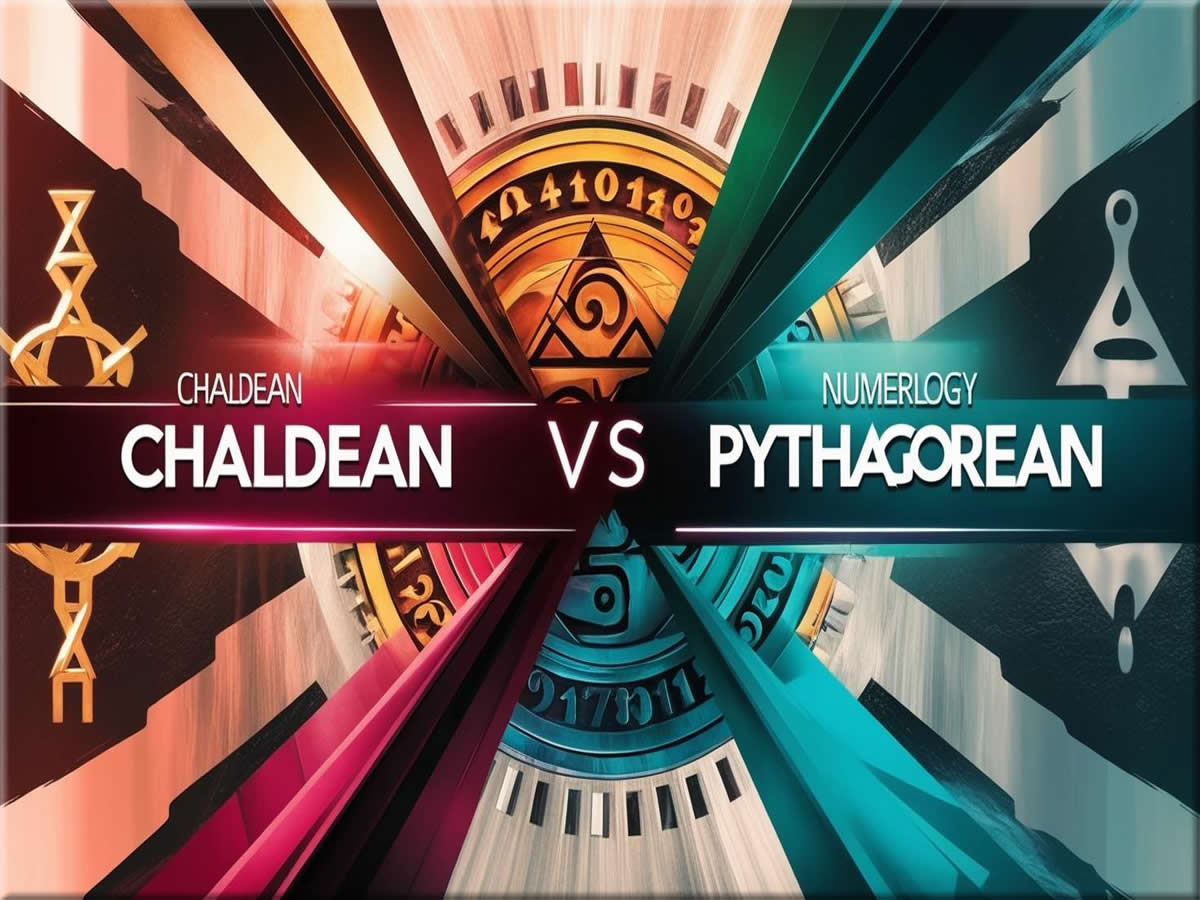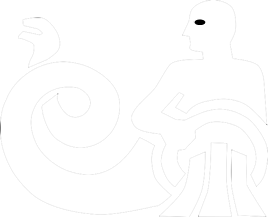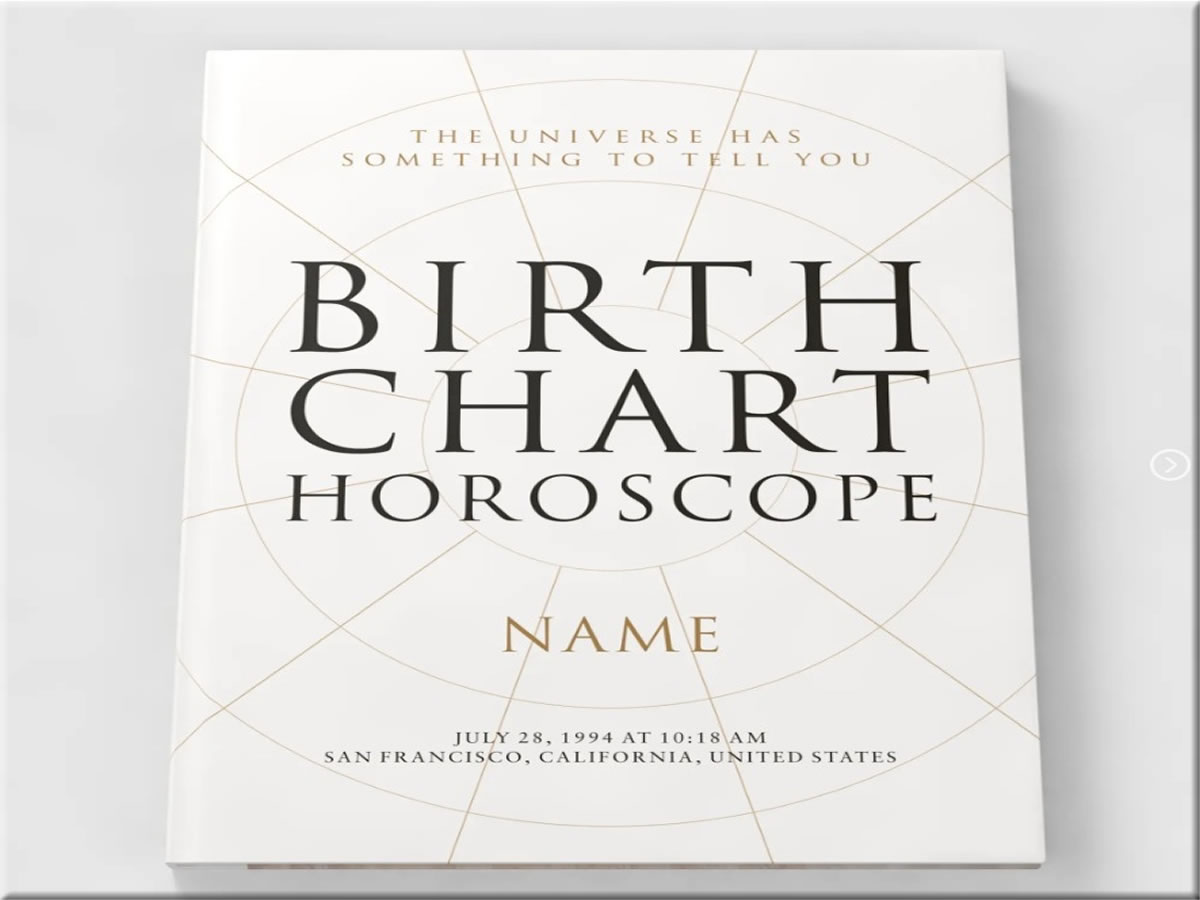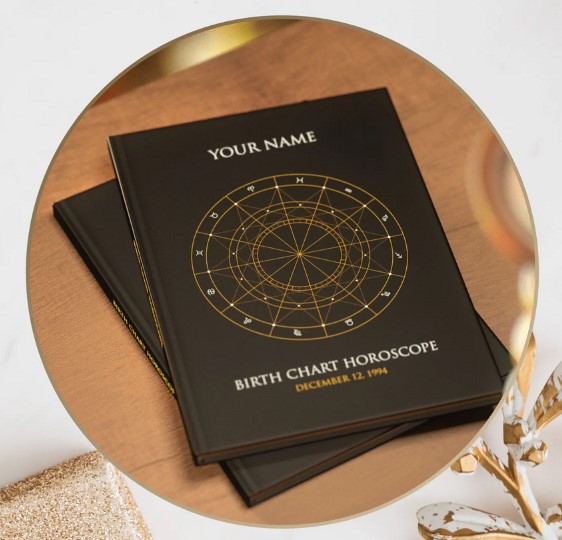
Pythagoras – The Father Of Numerology
Pythagoras is often remembered for the triangle’s theory bearing his name, but there’s so much more to his story. This section invites you to enter the fascinating world of a man whose ideas extend beyond mathematics. His work laid the groundwork for numerology, an art that has intrigued countless minds over centuries.
Born around 570 BCE on the Greek island of Samos, Pythagoras’ early life was shaped by a thirst for knowledge. From the get-go, he was fascinated by numbers and philosophy, eventually leading him across various parts of the ancient world to learn from the greatest minds of his time. His travels took him to Egypt and Babylon, where he absorbed mathematical concepts and spiritual teachings, weaving them into his own unique philosophy.
Discover Our Featured Articles: Esoteric Wisdom: Ancient Teachings & Inner Awakening
Pythagoras eventually established a community in Croton, Southern Italy, which served as both a religious society and a school. It became a hub for intellectuals, blurring the lines between scientific inquiry and spiritual practice. The Croton community didn’t just stick to numbers; it delved into ethics, politics, and metaphysics, providing a holistic approach to understanding reality.
Despite being one of the most influential figures in antiquity, separating fact from fiction in Pythagoras’ life isn’t easy. Many myths have grown around him, enveloping his legacy in enigmatic allure. Was he really the one responsible for every concept linked to his name? Historians have debated his actual contributions, but what’s indisputable is his profound impact on ancient and modern thought.
Numerology: The Ancient Science of Numbers
Numerology traces its roots back to ancient times, with Pythagoras playing a pivotal role in its evolution. This mystical field of study explores the more profound significance of numbers in our daily lives. For many, numbers go beyond simple symbols for counting; they hold keys to understanding personality traits, life events, and spiritual paths.
The foundations of numerology rest on the concept that numbers are not just quantities but hold symbolic value. Pythagoras saw numbers as fundamental elements that connected the cosmos to the individual. He believed that everything in our universe is linked through numbers, a radical idea for his time.

Pythagorean contributions to numerology are vast, reflecting his passion for exploring both tangible and intangible worlds. He introduced numerical ratios to understand better concepts such as harmony and balance, which are essential for interpreting numerological meanings. He sought a deeper understanding of the world and our place within it through numbers.
The modern practice of numerology owes much to Pythagorean thought. His methodologies laid the groundwork for systems that many use today to ponder life’s more profound questions. Engaging in numerology involves partaking in a tradition that marries ancient wisdom with personal insight.
Nowadays, numerology influences various aspects of life, relating to understanding oneself and one’s environment. Whether used for personal growth, fostering spiritual awareness, or making everyday decisions, numerology remains a fascinating tool for those curious about the mysteries of existence.
Pythagorean Philosophy: Bridging the Gap Between Mathematics and the Spiritual Realm
Pythagoras’ work was groundbreaking in its ability to unite mathematics and spirituality, forming a cohesive philosophy that explores the universe’s deeper truths. His ideas were not confined to mere calculations but intertwined with a profound understanding of the cosmos and our place within it.
Central to Pythagorean philosophy is the concept of the quadrivium, which encompasses arithmetic, geometry, music, and astronomy. This framework reflects his belief in the interconnectedness of these disciplines, each illuminating the path to greater wisdom.
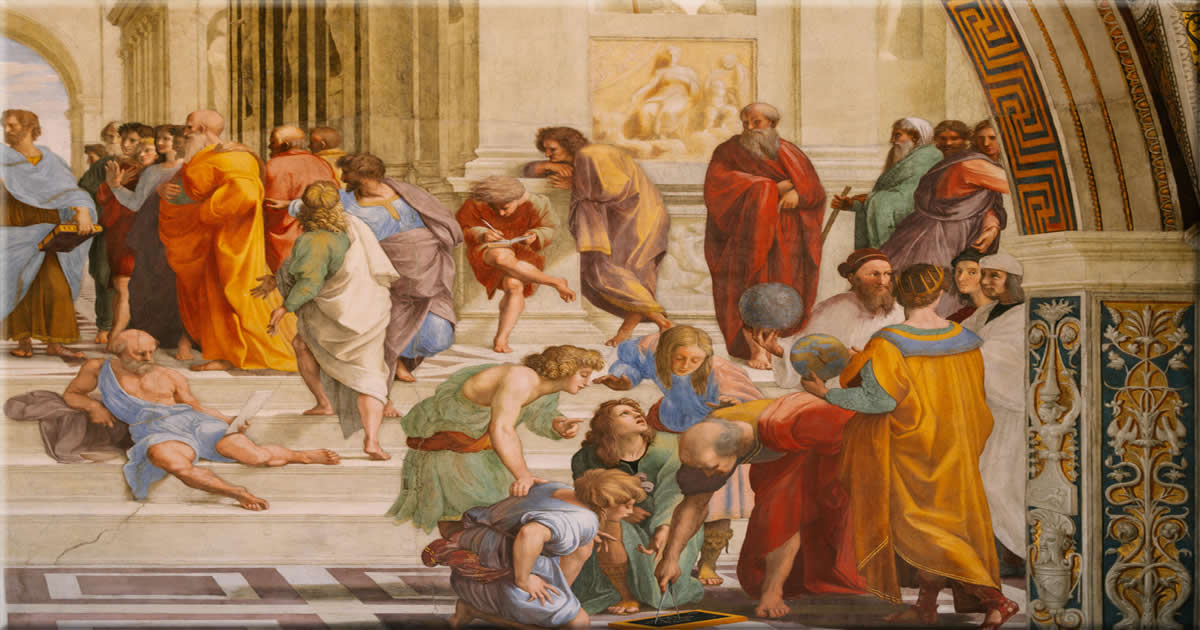
Perhaps one of the most intriguing aspects of his philosophy is the notion of the ‘harmony of the spheres.’ Pythagoras proposed that celestial bodies move according to mathematical equations, creating symphonic harmonies. This idea posits that mathematics governs not only our earthly experience but also the movement and interaction of planets. It’s a reminder of the beauty and order inherent in the universe.
Pythagoras’ mathematical theorems didn’t solely address geometric shapes; they also conveyed spiritual truths. For example, balance and structure in his famous theorem echo the philosophical pursuit of harmony and balance in one’s life. In Pythagorean thought, numbers were seen as sacred symbols that revealed the hidden order of the natural world.
This blend of mathematical rigor and spiritual inquiry paved the way for future scholars and mystics to explore connections between the material and the divine. Pythagorean ideas continue to inspire those seeking a deeper understanding of the universe, looking beyond the surface to uncover truths that resonate intellectually and spiritually.
Legacy and Influence: Pythagoras in the Modern World
Pythagoras’ influence has extended far beyond his lifetime, permeating many disciplines. His ideas and teachings are like threads woven into the fabric of modern thought. From scientific principles to philosophical musings, the spirit of Pythagorean thought persists in numerous ways.
The legacy of Pythagorean ideas is evident in contemporary science and philosophy. His notion of using mathematical order to understand the universe set the groundwork for scientific inquiry. Modern scientists and philosophers continue to echo his belief that numbers and mathematical principles can clarify the natural world.

In today’s world, the essence of numerology, rooted in Pythagorean thought, remains a popular means of exploration and self-reflection. Whether seeking guidance or trying to tap into personal growth, people often turn to the symbolic understanding of numbers to navigate life’s complexities.
Pythagorean ideas also find their way into popular culture. His philosophies influence everything from literature and films to music. His concepts provoke curiosity and inspire creative expression, demonstrating how ancient wisdom can adapt and thrive in contemporary contexts.
Discover Our Featured Articles: Esoteric Wisdom: Ancient Teachings & Inner Awakening
Numerology and Pythagorean thought remind us of the potential harmony between reason and intuition, inviting us to explore life with open minds and hearts. Pythagoras’s enduring wisdom continues to guide those who seek to unravel the mysteries of existence, one number at a time.
This topic is part of the broader Esoteric Wisdom framework, where ancient symbolic systems, consciousness studies, and hidden philosophical traditions are explored in depth.
Related Topics

